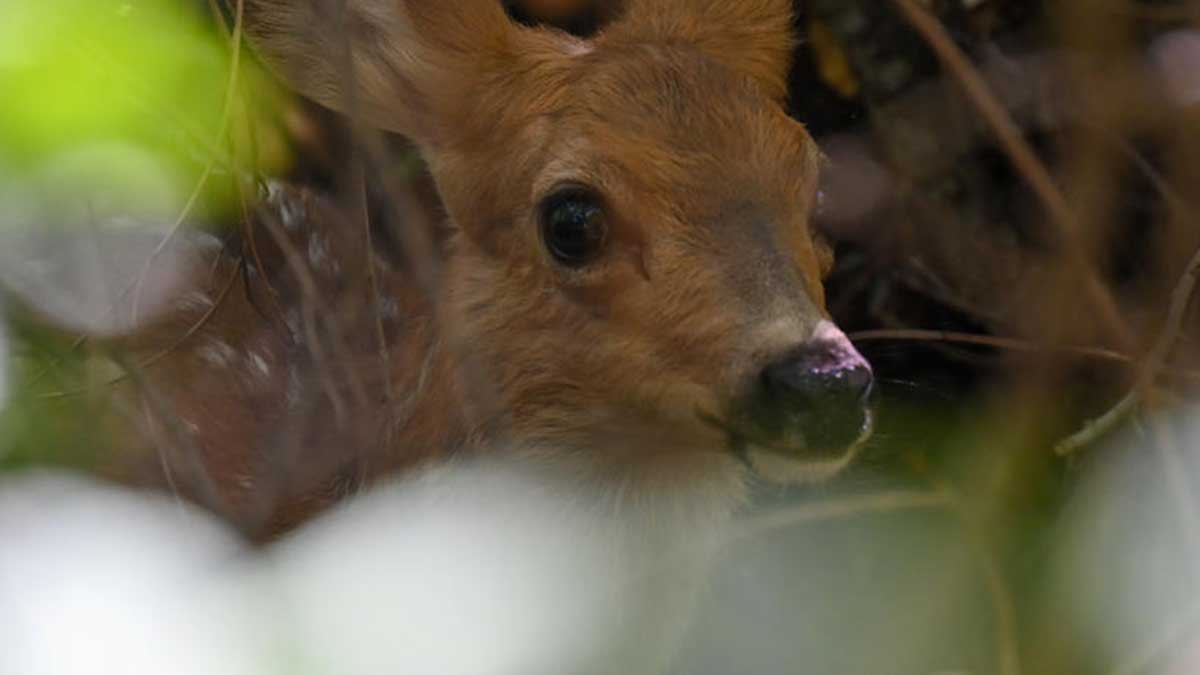Below is a news release from Idaho Fish and Game but the information applies for states across the country.
Spring is here, and so is the peak of baby wildlife season. People are bound to see young wildlife when they venture outdoors during the spring and early summer, and there is a pretty good chance that they will see a baby animal that appears to be alone, with mom nowhere in sight.
While a well-intentioned human’s first instinct might be to rescue these cute, cuddly and seemingly helpless creatures, Fish and Game officials have a simple suggestion to people who discover baby animals that appear to be abandoned: The best thing you can do for them is to leave them be.
Every spring, Fish and Game receives calls from well-intentioned humans who have “rescued” baby animals that they assume have been lost, abandoned or orphaned. While these people typically mean well, they are often doing more damage than good when they intervene, and typically, mom was not far away to begin with.
Animal parents will periodically leave their young for an extended period of time for a myriad of reasons, whether it’s to search for food, to rest, or to divert attention from their vulnerable offspring, especially if they sense danger. When it comes to wildlife babies, wildlife mothers know best.
Mammals such as deer, elk, and pronghorn routinely leave their young in a secure location, moving off to feed and returning later – sometimes several hours later – to quickly feed their young and leave again. The young animals know instinctively to remain still in the places their mother left them.
As baby birds mature, they often leave the nest in their efforts to hone their flying skills. Adult birds continue to feed their offspring until such time that the young birds can survive on their own, even if they fall out of the nest.
If you find a baby bird, duckling, deer fawn or other critter, the best approach is to leave it undisturbed. Then if you wish, contact your nearest Fish and Game office. Fish and Game employees are happy to take calls about apparently orphaned or injured animals, answer questions, and when necessary, retrieve animals.
In addition, do not plan to raise wild animals on your own. Young wild animals require special care and feeding that is beyond what the average household is prepared to manage. Additionally, possession of most species of wildlife taken from the wild is illegal in Idaho.
In the spring when wildlife baby boom is at its peak, you may have the good fortune to observe a nest of birds or a litter of young mammals with no adult in sight. Enjoy the sight, but remember it is best to leave young wildlife alone.
(Photo credit: Idaho Fish and Game)
